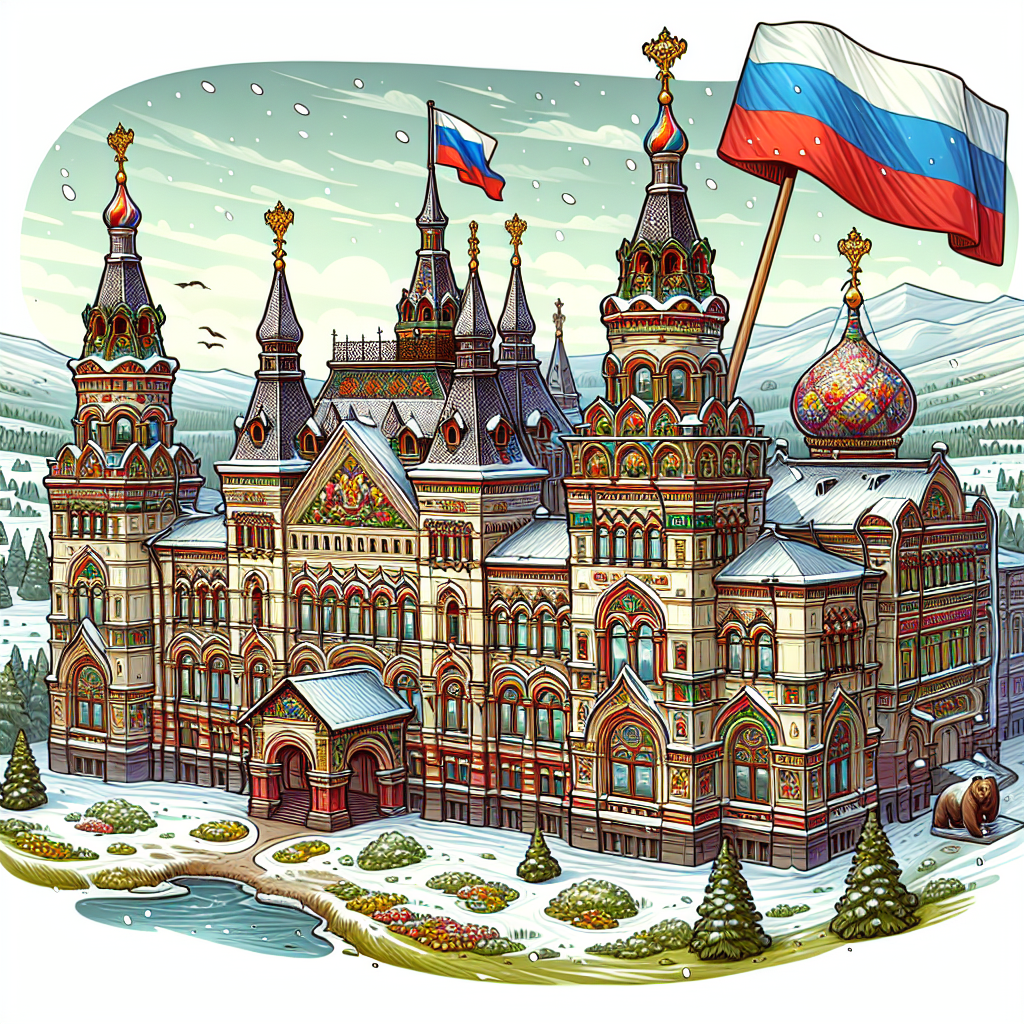Russia Tightens Grip on Foreign-Funded NGOs
Russia’s parliament has approved new legislation expanding the scope of its law on foreign-funded 'undesirable' organizations. This move, requiring final approval from the upper house and President Putin, builds on the original 2015 law. The designation targets groups perceived as threats and affects over 175 organizations.

Russia's lower house of parliament on Tuesday approved legislation expanding the reach of a law on declaring foreign-funded organizations "undesirable," a designation that blocks their work in the country. The measure passed its final reading in the Duma. It goes next to the upper house and then to President Vladimir Putin to become law. It adds the criterion to an existing law that an organization can be declared undesirable if foreign government bodies founded it or participate in it.
The original law was passed in 2015, but its use accelerated sharply after Russia sent troops into Ukraine in February 2022 and cracked down on criticism of its military and the government. More than 175 organizations are now on the list of undesirables, including the English-language online newspaper The Moscow Times, the Carnegie Endowment for International Peace and Greenpeace International, along with lesser-know groups like the Wild Salmon Center. The criteria for being declared undesirable are broad, targeting organizations seen as a threat to the country. Russia also has a separate law under which organizations that receive foreign funding can be designated as "foreign agents" and must publish that status on their materials. The designation appears aimed at undermining trust in the groups.
(With inputs from agencies.)
ALSO READ
Russia's Demands: A Stalemate in U.S.-Ukraine Peace Talks
Justice Department Drops Sexual Abuse Lawsuit Against Southwest Key
Calls to Reform UK Law on Display of African Ancestral Remains
Putin Orders Swift Victory in Kursk Amid U.S. Ceasefire Proposal
Ukraine's Drone Defense: A Successful Night Against Russian Attacks










